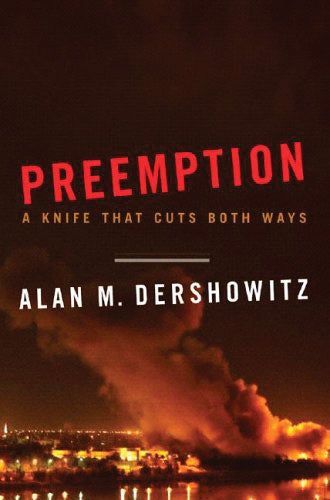 “The Handbook of Dispute Resolution” (Jossey-Bass, 2005), co-edited by Lecturer Robert C. Bordone ’97 and Michael L. Moffit ’94, synthesizes more than 30 years of research in 31 chapters written specifically for this collection, each examining an aspect of conflict resolution. The contributors explore how factors such as personality, emotions, relationship dynamics and concerns about identity contribute to the escalation of disputes. The National Institute for Advanced Conflict Resolution recognized the volume with its 2005 Book Award, for showing the best promise of contributing to the field of conflict resolution.
“The Handbook of Dispute Resolution” (Jossey-Bass, 2005), co-edited by Lecturer Robert C. Bordone ’97 and Michael L. Moffit ’94, synthesizes more than 30 years of research in 31 chapters written specifically for this collection, each examining an aspect of conflict resolution. The contributors explore how factors such as personality, emotions, relationship dynamics and concerns about identity contribute to the escalation of disputes. The National Institute for Advanced Conflict Resolution recognized the volume with its 2005 Book Award, for showing the best promise of contributing to the field of conflict resolution.
* * *
 In “Preemption: A Knife That Cuts Both Ways” (W. W. Norton, 2006), Professor Alan M. Dershowitz examines America’s increasing reliance on pre-emptive action to control destructive conduct, and discusses the implications for civil liberties, human rights, criminal justice, national security and foreign policy.
In “Preemption: A Knife That Cuts Both Ways” (W. W. Norton, 2006), Professor Alan M. Dershowitz examines America’s increasing reliance on pre-emptive action to control destructive conduct, and discusses the implications for civil liberties, human rights, criminal justice, national security and foreign policy.
* * *
 “Beyond Reason: Using Emotions as You Negotiate” (Viking, 2005), by Professor Emeritus Roger Fisher ’48 and Lecturer Daniel L. Shapiro, helps readers understand how emotions can serve as a tool in the negotiating process. The book was awarded a prize by the International Institute for Conflict Prevention and Resolution.
“Beyond Reason: Using Emotions as You Negotiate” (Viking, 2005), by Professor Emeritus Roger Fisher ’48 and Lecturer Daniel L. Shapiro, helps readers understand how emotions can serve as a tool in the negotiating process. The book was awarded a prize by the International Institute for Conflict Prevention and Resolution.
* * *
 In “Protecting Liberty in an Age of Terror” (MIT Press, 2005), Professor Philip B. Heymann ’60 and Juliette N. Kayyem ’95 scrutinize the compelling concerns of national security and democratic freedoms and offer recommendations for dealing with questions such as whether assassination is ever acceptable, when coercion can be used in interrogation and when detention is allowable. They argue that drawing clear rules to curb government discretion can protect the public from unreasonable government intrusion and insulate government agents from becoming scapegoats.
In “Protecting Liberty in an Age of Terror” (MIT Press, 2005), Professor Philip B. Heymann ’60 and Juliette N. Kayyem ’95 scrutinize the compelling concerns of national security and democratic freedoms and offer recommendations for dealing with questions such as whether assassination is ever acceptable, when coercion can be used in interrogation and when detention is allowable. They argue that drawing clear rules to curb government discretion can protect the public from unreasonable government intrusion and insulate government agents from becoming scapegoats.
